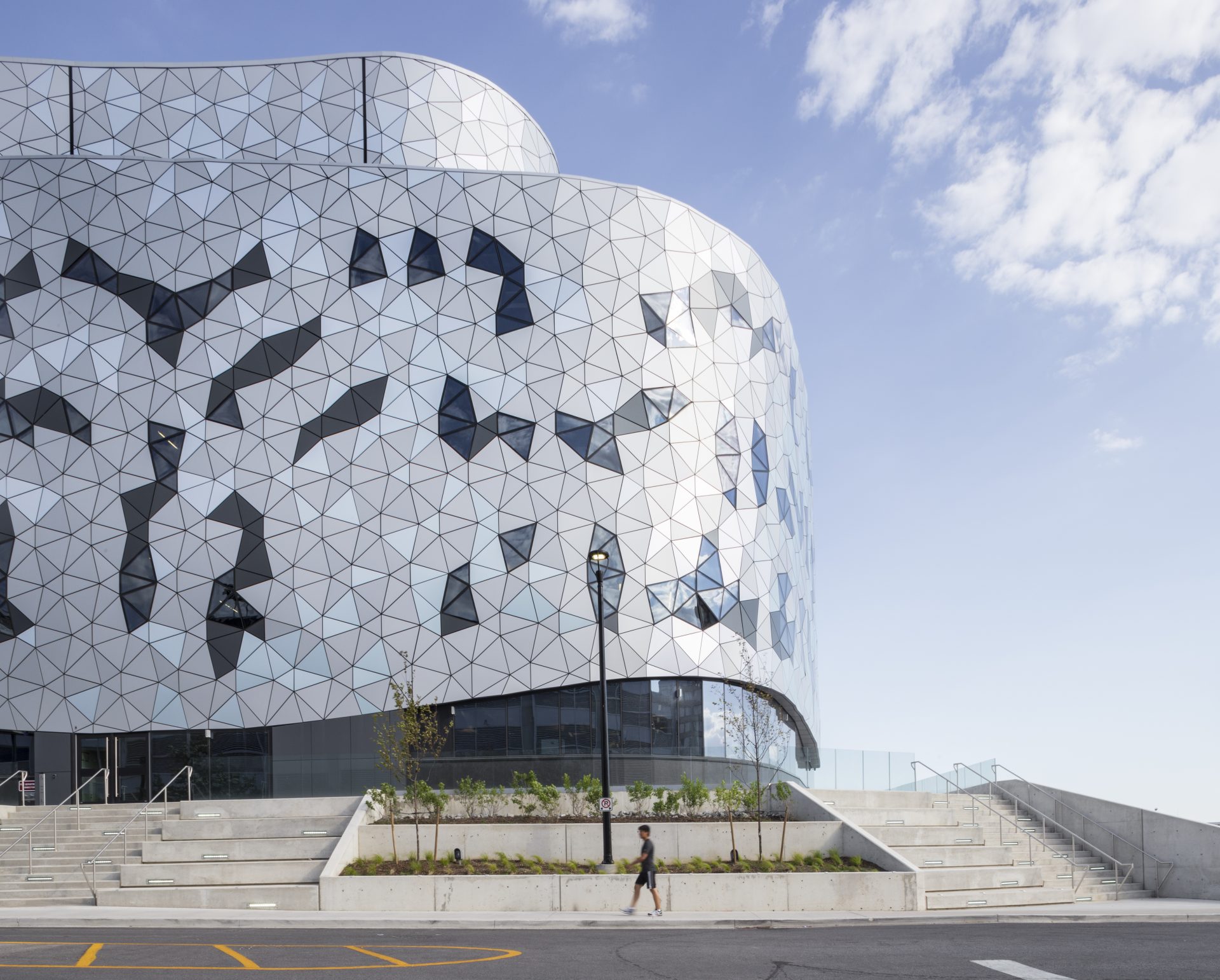Lassonde Faculty Recognized as York Research Leaders

Ten Lassonde faculty members were recognized at York’s Research Leaders event on February 25, representing over 20% of this year’s honourees.
The impressive accolades bestowed to our faculty reinforce the School’s reputation for innovative research with local and global impact.
We congratulate the following researchers for their distinguished contributions to their respective fields:
Prof. Alidad Amirfazli of Mechanical Engineering was named to the Royal Society of Canada’s College of New Scholars, Artists and Scientists as one of its inaugural members. Amirfazili’s current research pertains to surface engineering, and understanding droplet interactions to develop platform technologies. His extensive international collaborations include research in Italy, Germany, Belgium and Spain.
Prof. Aijun An of EECS received a prestigious Natural Sciences and Engineering Research Council of Canada’s (NSERC) Discovery Accelerator Supplement Grant that will support her research program in online mining of big data streams. An has also received two NSERC Collaborative Research & Development Grants that support projects undertaken by university researchers and private-sector partners.
Prof. Nick Cercone of EECS was awarded three NSERC Collaborative Research & Development Grants. Cercone is leading several projects working with big data, including building solutions for solving data and graphic analytics in partnership with IBM, as well as a project examining intelligent computing and real-time facility analytics in partnership with FuseForward. He will also co-lead a project on data and visual analytics for decision-making partnering with The Globe & Mail. Cercone is the Principal Investigator of the Centre for Innovation in Information Visualization and Data-Driven Design (CIVDDD).
Prof. Mike Daly of ESSE was awarded a York Research Chair in Planetary Science in recognition of his outstanding contribution to spaceflight instrumentation research at York. The York Research Chair will enable Daly’s participation in NASA’s OSIRIS-Rex mission to the near-Earth asteroid Bennu and the return of Canada’s first sample from another solar system body.
Dean Janusz Kozinski was inducted as a Fellow of the Canadian Academy of Engineering. Fellows of the Academy are awarded upon the recommendation of their peers in view of their distinguished achievements and career-long service to the engineering profession. Election to the Canadian Academy of Engineering is one of the highest professional honours accorded to an engineer.
Prof. Regina Lee, Chair of ESSE, received a prestigious NSERC Discovery Accelerator Supplement grant that will support her innovative research program. Lee has also received funding from the Canadian Space Agency (CSA) to develop space science and technology projects related to non-satellites. Lee’s project will see a team from York University participating in the QB50 CubeSat mission as well as the SIGMA mission as part of the Korean CubeSat program. The project will develop an efficient attitude control system for the SIGMA mission.
Prof. Tom McElroy of ESSE received funding from the CSA to develop space science and technology projects related to satellites and technologies for environmental monitoring. McElroy’s project will increase the technical readiness of instrumentation that informs us of atmospheric composition and weather information from satellites. His research is of particular significance to climate and air quality studies in the Arctic.
Prof. Sushanta Mitra, Chair of Mechanical Engineering, was elected Fellow of the Royal Society of Chemistry for his contributions to the chemical sciences. Mitra’s research into fundamental understanding of fluid transport in micro-and nano-confinements bear applications in energy, environment and bio-systems.
Prof. Jinjun Shan of ESSE received funding from the CSA to develop his project, “Observations of Earth’s surface and aerosol with a balloon-born imaging Fabry-Perot spectrometer.” The project will develop a critical mass of engineers, atmospheric scientists and students to provide the detailed design, modification, fabrication and validation of this Fabry-Perot spectrometer for atmospheric science, air quality and meteorology applications.
Prof. Gordon Shepherd, Distinguished Research Professor Emeritus of Earth & Atmospheric Science, was named the recipient of the Scientific Committee on Solar-Terrestrial Physics’ Distinguished Scientist Award in 2014. Shepherd’s seminal accomplishments and sustained contributions in upper atmosphere physics, chemistry, energetics and dynamics have had a far-reaching impacts in the field of solar-terrestrial research.